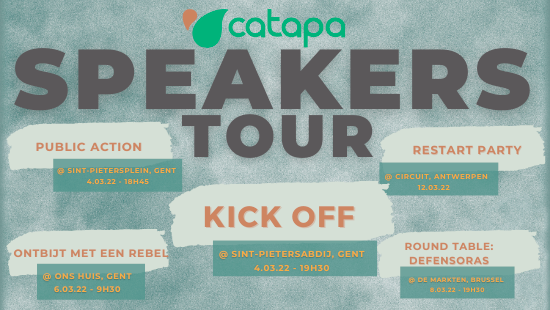Coming soon: a Repair Index in Belgium!
The federal government, as part of the Federal Action Plan Circular Economy 2021-2024 will introduce a Repair Index in a few years. By means of a mandatory score or Repair Index that must be listed on electronic devices and that indicates the repairability of the product, the government hopes to promote the repairability of these products. And thus to take a step towards a more circular economy. For the concrete elaboration of this index, meetings are held with stakeholders and CATAPA is at the table.
In the Federal Action Plan, we can read the following: “Several criteria will be included in this index, such as the availability of spare parts necessary for the proper functioning of the product, its price, the availability of repair manuals, the ease of repair (disassembly, access to parts), etc.” The government plans to later evolve the Repair Index into a sustainability index, which also includes robustness and reliability criteria.
The government was inspired by France, which already introduced a Repair Index in early 2021. While this index is an important milestone for the Right to Repair in Europe, there are a number of limitations and challenges. Repair & Share, the organization that made sure the Repair Index was put on our government’s agenda, prepared a document of “lessons learned” from the French system with a lot of great recommendations. You can find them here. Together with Repair & Share and other stakeholders, CATAPA will make sure that the Belgian Repair Index does not make the same mistakes.

A repair index or score is an important step towards eliminating the practice of planned obsolescence. This is the strategy used by manufacturers of electronics to deliberately design products so that the devices do not last as long. A practice that carries a lot of costs, both for people and for the planet. With a repair index, and soon a sustainability index that goes even wider, it will be more difficult for producers to bring poor quality products to people. We are therefore in favor.
The implementation of a Repair Index is one of the demands within our CTRL ALT DEL campaign, in which we emphasize, among other things, the importance of an independent control system with sufficient budget. With the transition to a sustainability index, we also hope that our other demands can be met. This includes, among others, the recyclability of electronic devices.




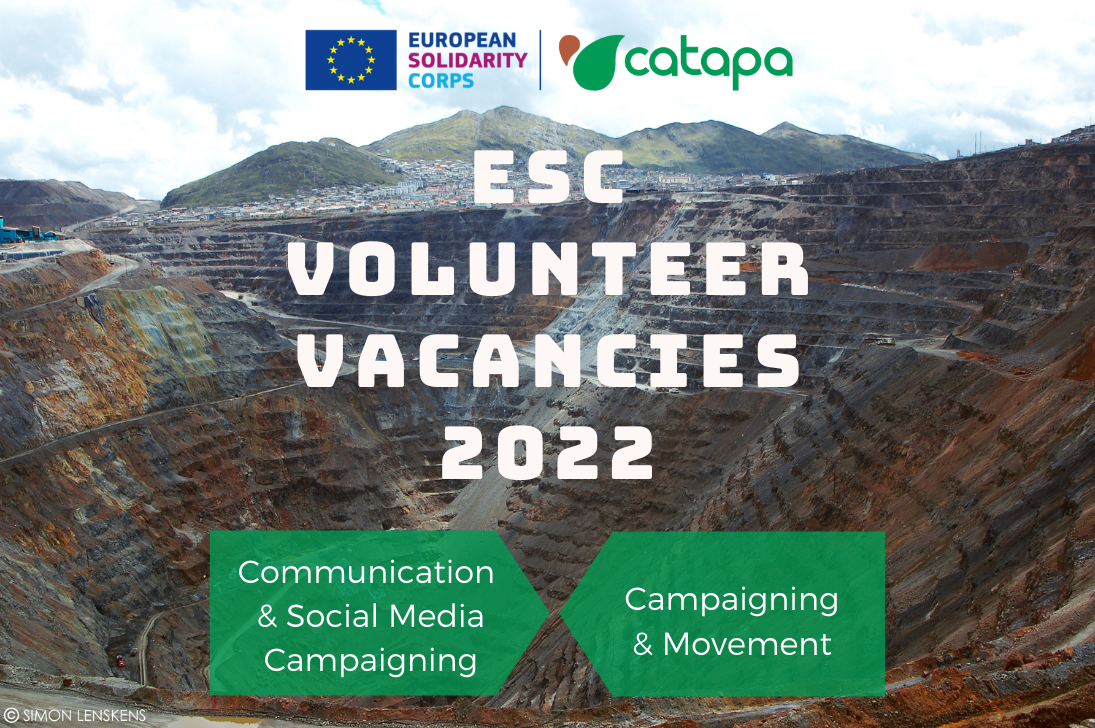
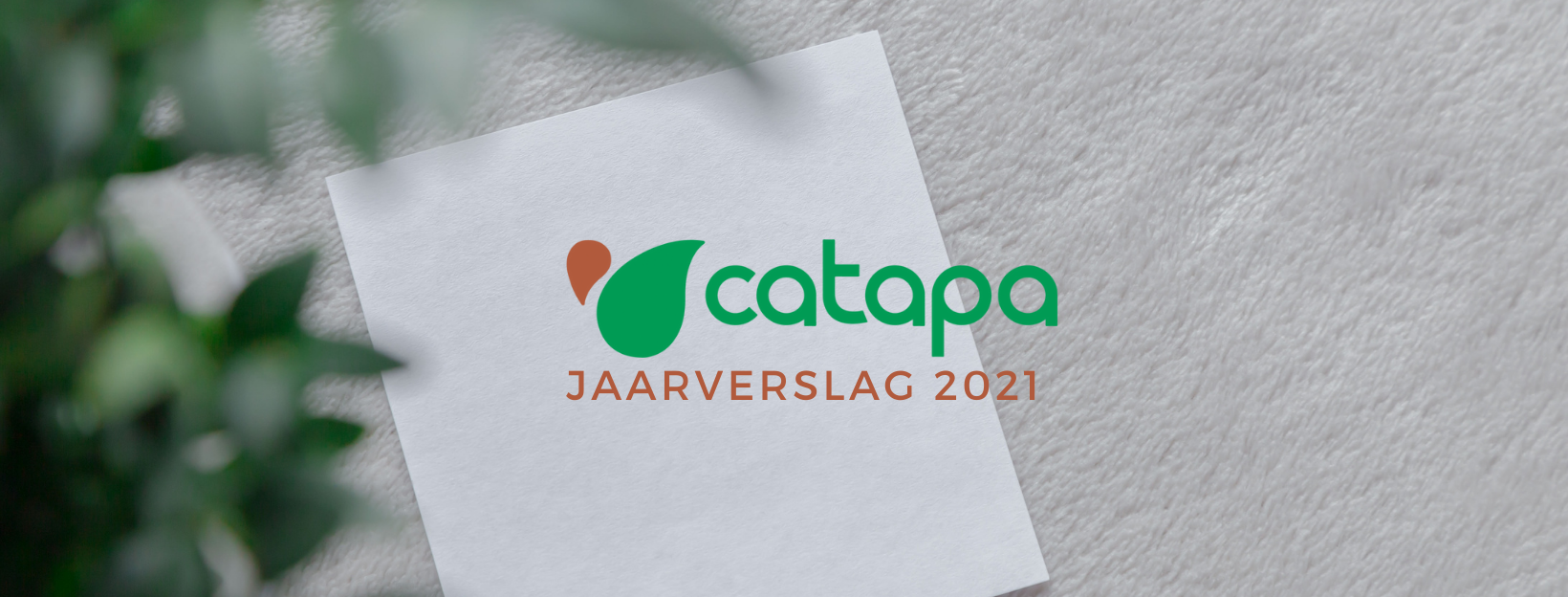

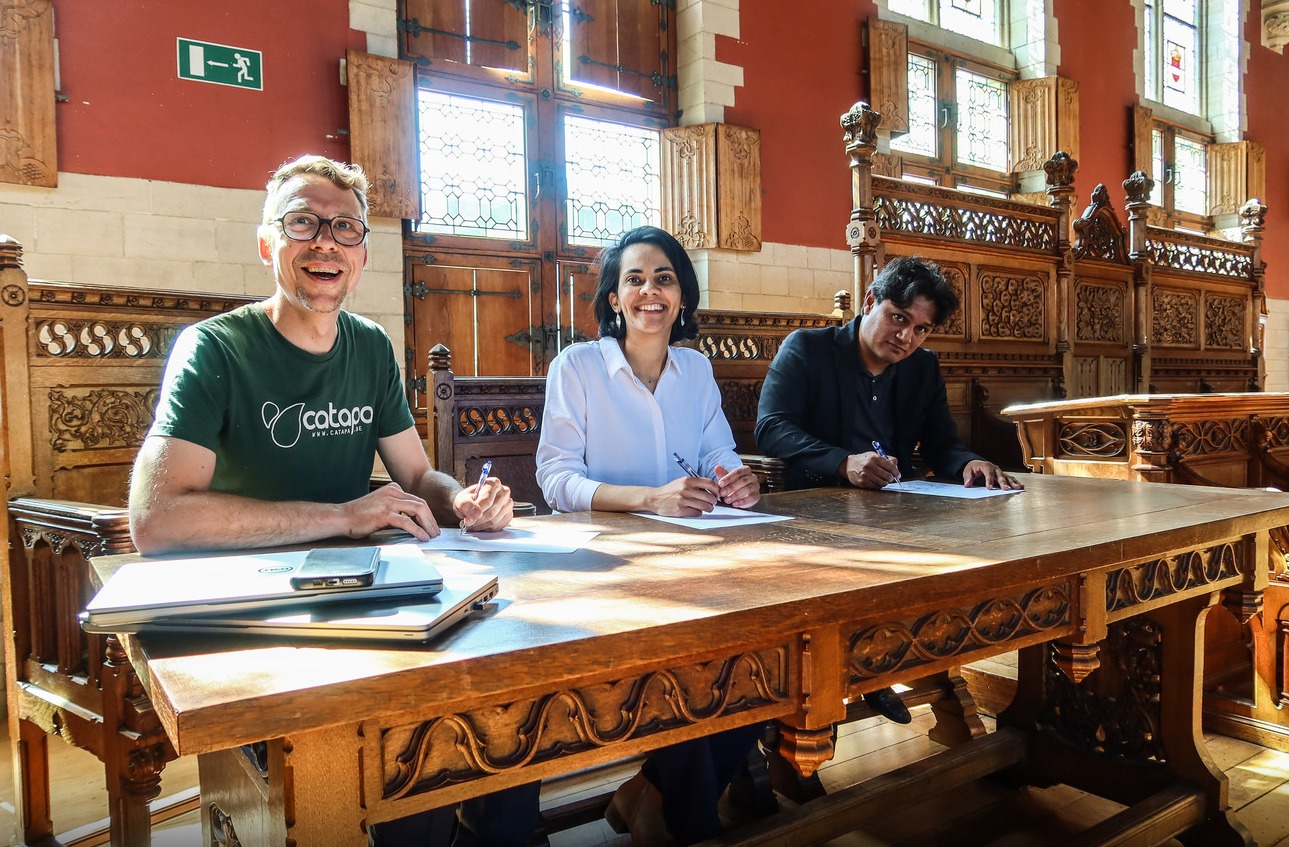














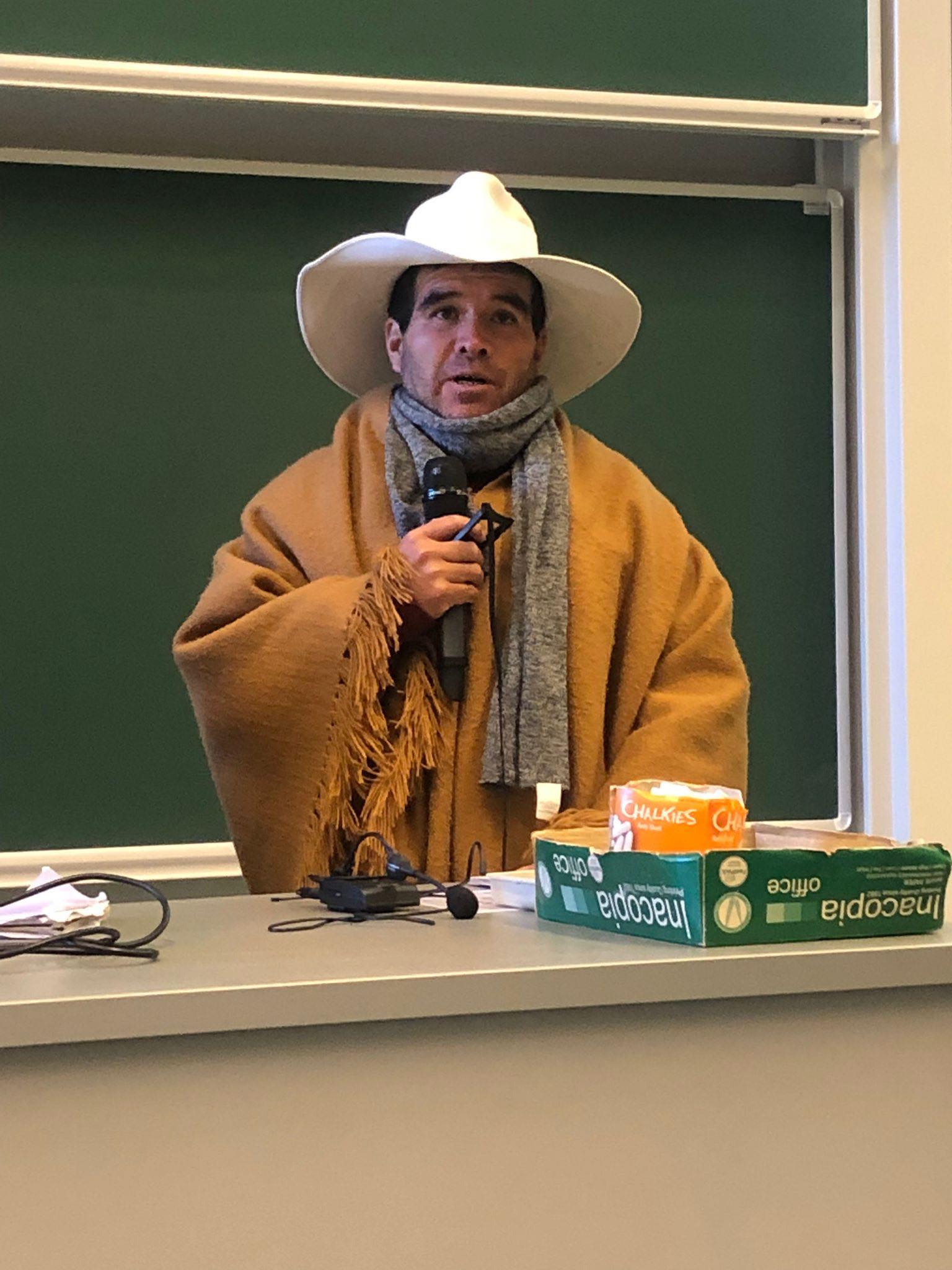


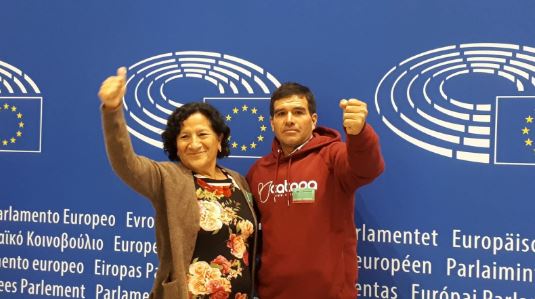


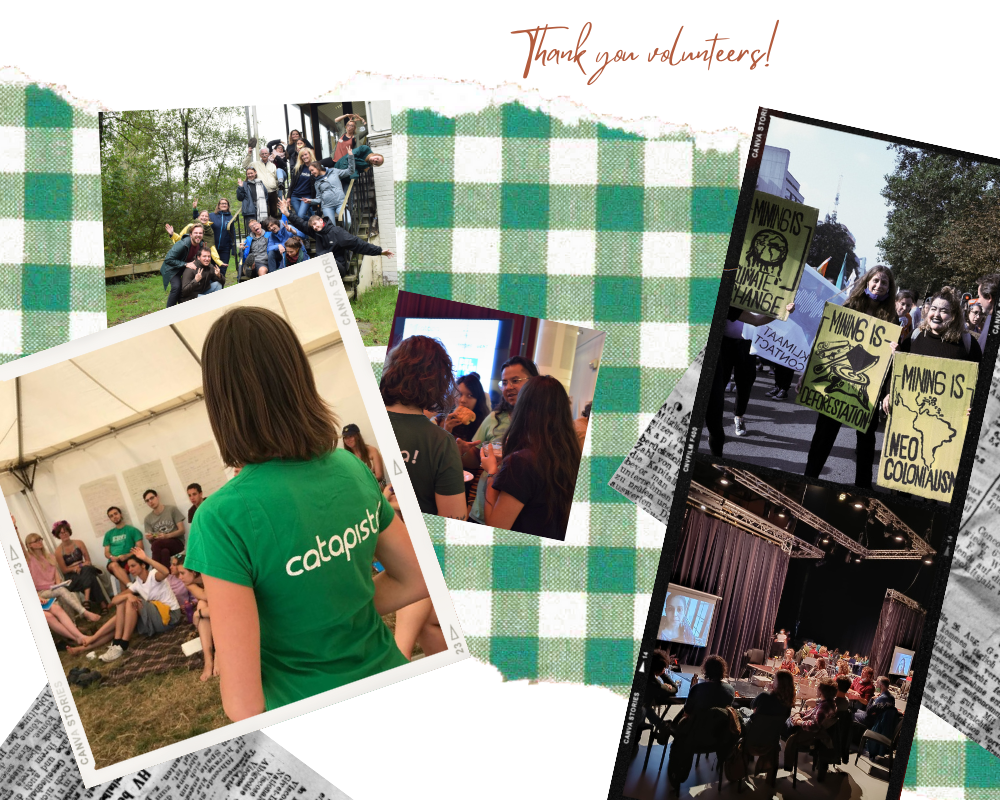

 Do you have nice #catapistas pictures yourself? Send them to communication.sc@vzw.catapa.be! Or share them via social media with
Do you have nice #catapistas pictures yourself? Send them to communication.sc@vzw.catapa.be! Or share them via social media with 